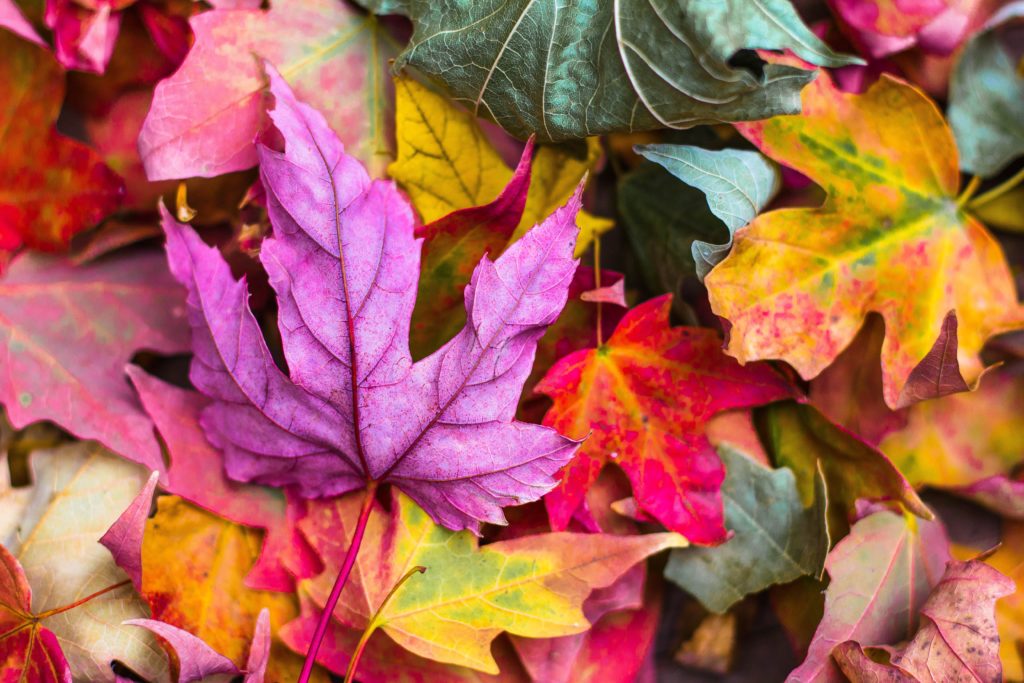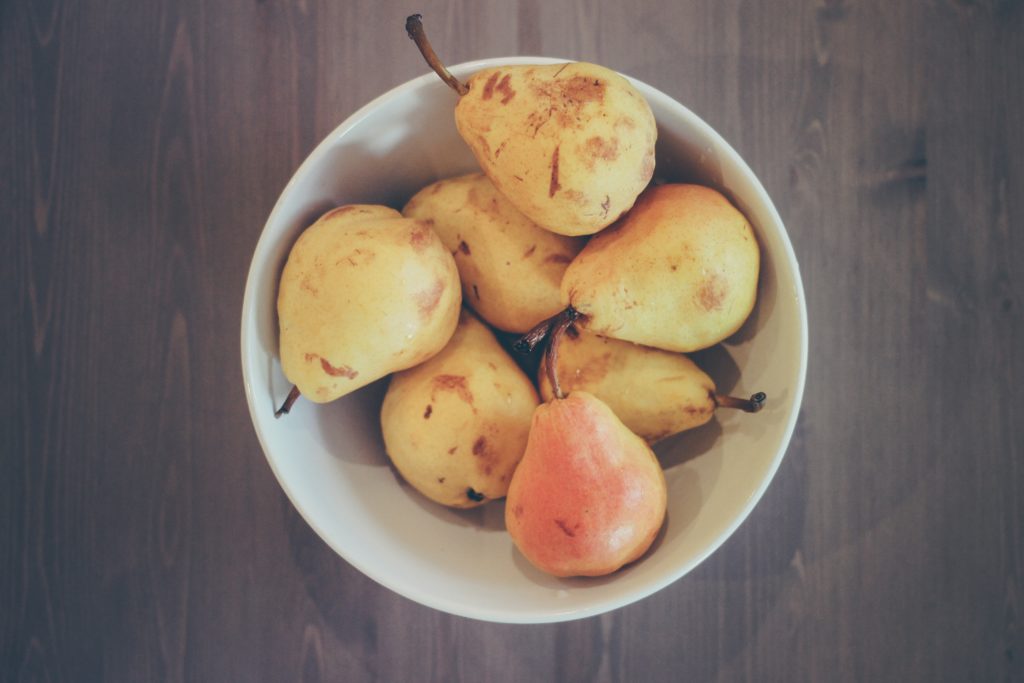“Best of all, he loved the fall” Ernest Hemingway
I have seen this quote all over social media for the past week and agree wholeheartedly with Mr. Hemingway. I do love the fall. The weather, the leaves, the light are all changing; making their way toward colder weather and shorter days and the end of another cycle. It is a beautiful transition period. We experience natures beauty boldly, colorfully and quickly before it, and we, lapse into the winter months.
In Chinese Medicine, we look at things in relation to nature and our environment, and how it all works together. This is to say, as the seasons change, our bodies go through similar changes both physically and emotionally. Each season has significance and an association with certain meridian systems, organ systems & emotions. This is evidenced by changes in mood, energy, and an expression of your strengths and weaknesses at different times of the year.
Fall & Chinese Medicine
So, what is fall all about? In Chinese Medicine each season is associated with a number of things, including an element, emotion, organ system, color, taste etc. The following list includes all that is associated with fall:
- Element: Metal
- Color: White
- Organs: Yin: Lung / Yang: Large Intestine
- Time of day: 3am-5am (Lung) 5am-7am (Large Intestine)
- Tissues: Nose/Skin/Membranes
- Emotion: Grief/Sadness
- Taste: Pungent/acrid
- Climate: Dry
Foods that support the Lung in Chinese Medicine: (fragrant/white/acrid)
- Apple
- Barleygrass
- Broccoli
- Daikon Radish
- Flaxseed
- Garlic
- Ginger
- Green Onion
- Horseradish
- Kelp
- Kombu
- Marshmallow Root
- Mullein Leaf
- Mustard Greens
- Nettles
- Oats
- Pear
- Radish
- Slippery Elm
- Tomato
- Turnip Greens
- White Pepper
Character Traits of the Metal Element
In addition, each element has a unique personality style that is associated with it, which can be exaggerated or collapsed during its own season. We each have within ourselves every element; Metal, Earth, Fire, Water & Wood; but with more or less expressions of each which make up our strengths and weaknesses and personality characteristics. Metal includes some of the following in its most healthy state:
- Methodical
- Discerning
- Scrupulous
- Accepting
- Neat
- Calm
- Disciplined
- Honorable
- Precise
- Reserved
These traits can become problematic as well. Depending on whether they are exaggerated or collapsed, examples include trouble with control, disappointment, difficulty with intimacy and authority or becoming ritualistic, prejudiced, overly strict and dogmatic (Beinfield, Korngold 1992).
Physical problems in the body could result in:
- Respiratory disorders
- Skin ailments
- Dehydration
Trouble with:
- Elimination
- Lubrication
- Venous &
- Lymphatic circulation
As we all know, the fall is a season where people get sick and run down. It’s a good time to take care of yourself and begin the necessary steps to boost the immune system, start eating warm foods (cooked veggies rather than raw/cold), & taking advantage of the shortened days getting ready for the impending cold of winter.
Advice for the Season:
- Wear a scarf. It will protect you, warm you up and keep you healthy. In Chinese Medicine we see the back of the neck as a vulnerable place to ‘catch wind & cold’ and something as easy as covering up can decrease your odds of getting sick and protect the body, as well as keep it warm and stylish.
- Learn to let things go. The role of the Large Intestine is literally to let things go both physically and emotionally. If you have trouble in this area, take a closer look at what you may be holding onto and make a practice of meditating on letting things go that no longer serve you, both materially and emotionally.
- Breathe. Daily meditations of listening to and focusing on the breath are especially important this time of year. Take a few moments out of each day and recognize the patterns of your breath – is it shallow and inconsistent? Do you tend to hold your breath? Take a moment or two each day to take 5 deep, nourishing breaths, you will feel more grounded, calm and present than you did beforehand, and it is a great exercise for healthy lungs.
- Breathing meditation tip: Breathe in and count to 6, pause, and out as you count to 6. It will help you focus on something other than your monkey mind and keep you present.
- Process your sadness & grief. Check in with yourself and see if there is anything you may be grieving and holding onto. Grief and sadness damage the lungs and now is as good a time as any to work on it. Emotions are healthy as long as you move through them, process them and accept what is and what you cannot change. Take from your grief what you can and move on.
- Boost your immune system. For more information on this check out these article’s Tips to a Healthy Flu Season or Fight Cold & Flu!
- Get Acupuncture. Acupuncture helps balance the meridian systems, improve qi and blood flow and helps transition you through the seasons. In other words, it improves your immune function (builds white blood cells), it improves blood & lymph flow which gets more nutrients, oxygen and cellular products into the tissues that need them and out of the tissues that no longer need them (think metabolic waste). It helps transition you through the season, especially if you are feeling out of balance in general, or having any of the troubles listed above. Acupuncture will improve the flow of qi through each meridian (they connect like a group of trail systems or roadways), in a way clearing the clutter along the trail to make for easy traveling and steady your emotions and energy as well. Thus leaving you refreshed and reset to enjoy all the things you want to enjoy during this beautiful season.
Recipe for the season:
Steamed asian pear with Chuan bei mu & honey to nourish the lungs and promote immune system function.
Ingredients:
- 2-3 asian pear or any type of pear will do.
- Chuan bei mu (or Frittilaria cirrhosa bulb) – 8-10 tiny bulbs per pear.
- Raw local honey to taste.
- Optional: Add a bit of Xing ren (apricot seed) or Chen pi (citrus rind) to aid in digestion and stop cough (Stropes, 2013).
For more information and directions please follow this link to Mayway Herbs recipes page.
Until next time, stay healthy & be well,
Erin
Sources:
Beinfield, H., L.Ac, & Korngold, E., L.Ac, OMD. (1992). Chinese Medicine Works Clinical Handbook. San Francisco, CA: Chinese Medicine Works.
Foods that support the lung. (n.d.). Retrieved September 23, 2016, from www.floatchinesemedicalarts.com
Stropes, L., L.Ac, OMD. (n.d.). (2013) Mayway.com. Retrieved September 23, 2016, from https://www.mayway.com/chuan-bei-mu-and-pears-recipe/



